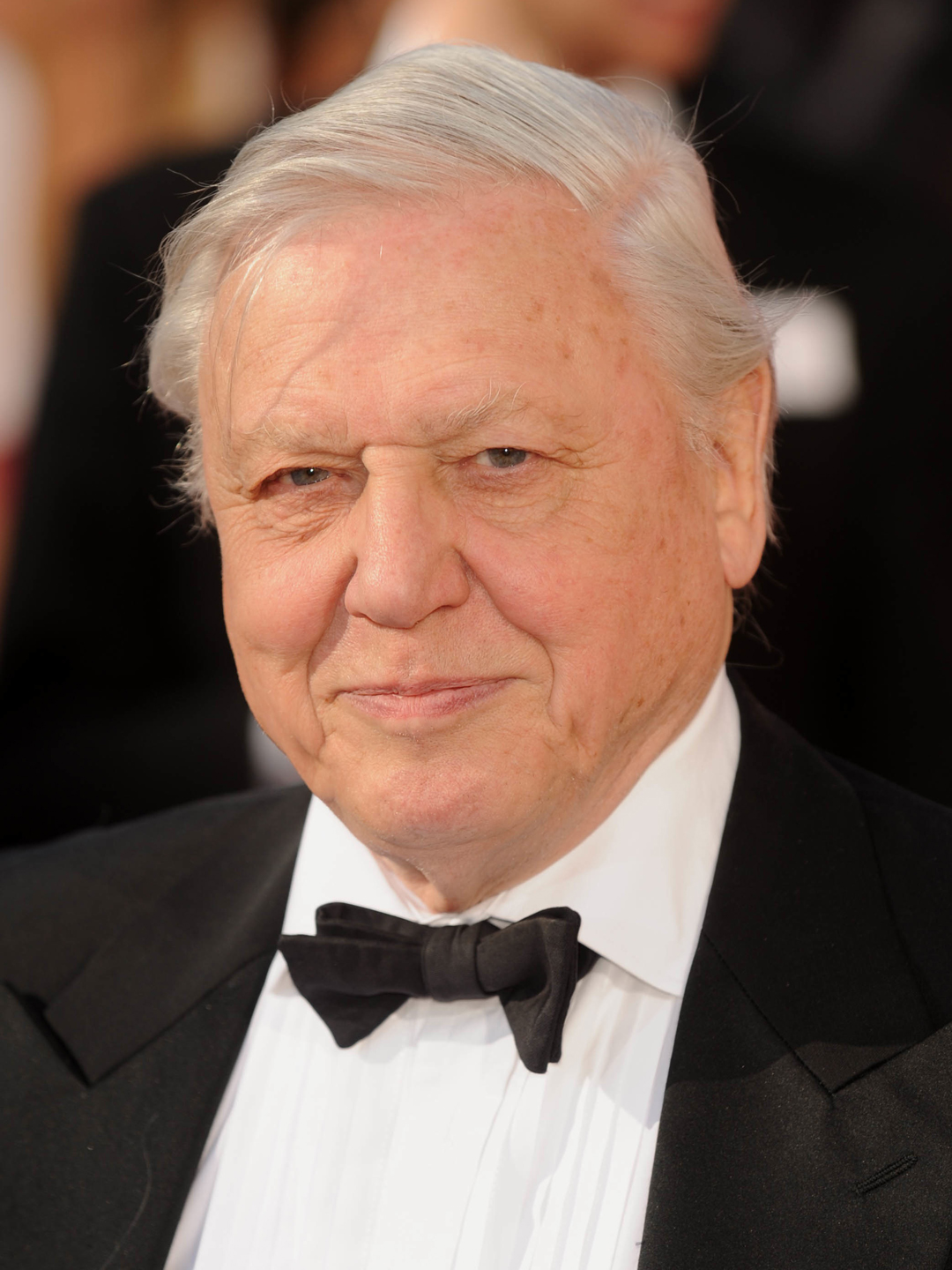 David Attenborough is wildlife and native explorer. He was born on May 8, 1926, in Middlesex, England. He was very interested in nature at a very young age collecting fossils, stones, and natural specimens. Members of his family supported and encouraged him. When he was 10, he and his brother went to see Archibald Belaney, who is a conservative of nature. Attenborough was very moved and influenced by the showing and speaking of Archibald Belaney. He studied geology and zoology as well as natural sciences at Clare College in Cambridge in 1945. Two years later in 1947, Attenborough was called up for national service in the Royal Navy.
David Attenborough is wildlife and native explorer. He was born on May 8, 1926, in Middlesex, England. He was very interested in nature at a very young age collecting fossils, stones, and natural specimens. Members of his family supported and encouraged him. When he was 10, he and his brother went to see Archibald Belaney, who is a conservative of nature. Attenborough was very moved and influenced by the showing and speaking of Archibald Belaney. He studied geology and zoology as well as natural sciences at Clare College in Cambridge in 1945. Two years later in 1947, Attenborough was called up for national service in the Royal Navy.
After leaving the Navy, Attenborough took a job editing children's science textbooks. After he became disenchanted with his work, he applied for a position as a radio talk producer for media company BBC. He was denied the position but was offered a position in television service at BBC. He became a producer instead of being in front of the camera because he thought that his teeth were too big.
Attenborough produced, narrated, and filmed a total of 43 films. His most known films were Civilisation, Zoo Quest, Life on Earth, The Blue Planet, and The People of Paradise. These films exposed different animals and plants as well as people. He introduced the dumbo octopus, which is one of the deepest living sea creatures living at 13,100 below the surface of the ocean. He captured the Komodo dragon, mountain gorilla, and many other plants and animals that were not known to the public view. Attenborough wanted to raise awareness of people’s culture and living. In the film, The People of Paradise, Attenborough films the indigenous people from Figi, Tongo, and other areas. He shed light on their rituals and routines and their different lifestyle.Attenborough helped shaped environmental science by documenting rare animals, exposing viewers to different species of life, and being an advocate for conservation by making climate change, habitat loss, and global warming more evident through filming over the years.
Attenborough’s had many accomplishments in his career as a producer and conservative. He received 32 honorary degrees from many different universities in Great Britain. He has had plants and animals named after him such as Acisoma Attenboroughi and Prethopalus Attenboroughi. He was referred to as the “greatest broadcaster of our time”, “the peerless educator” and many more references.
No comments:
Post a Comment